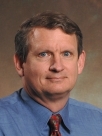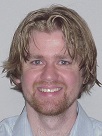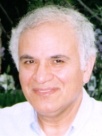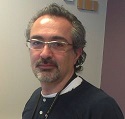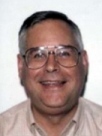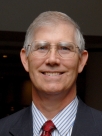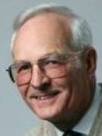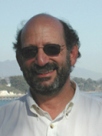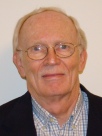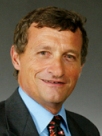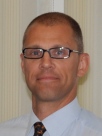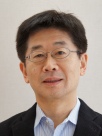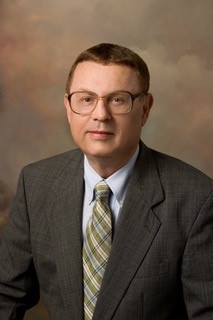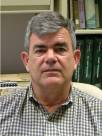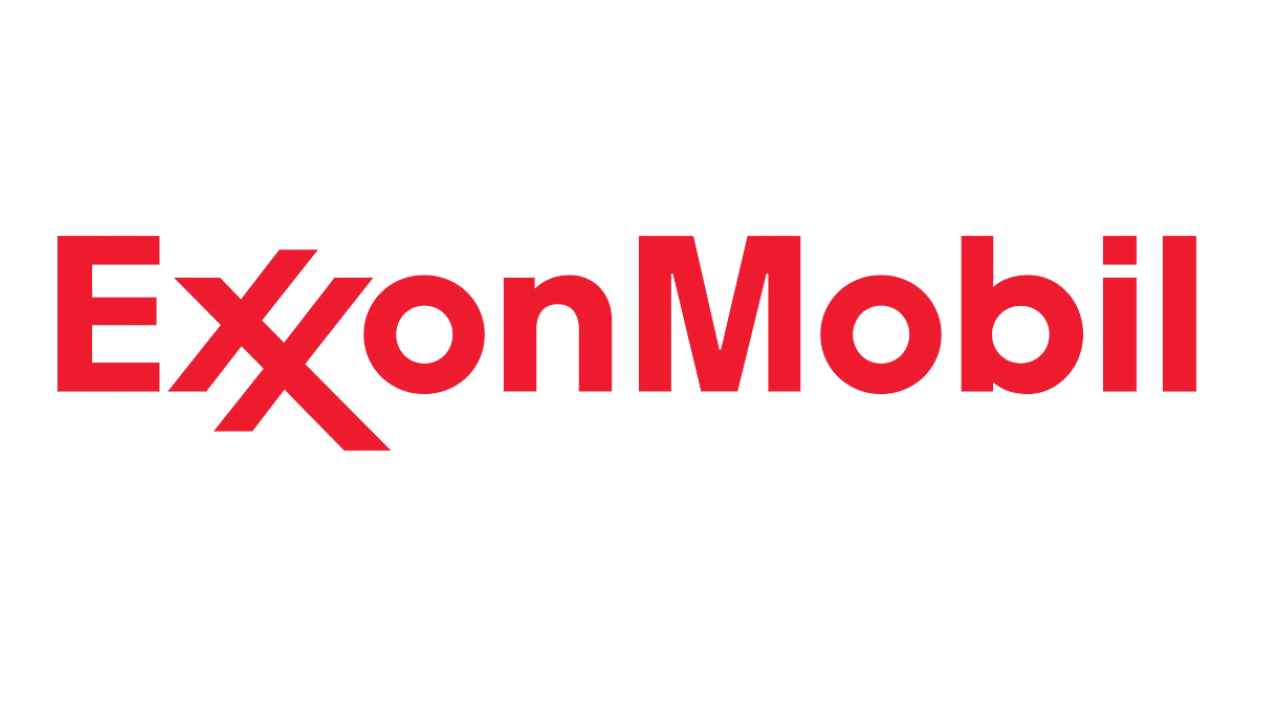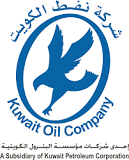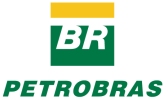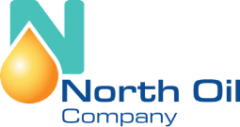RERI
is a nonprofit research and educational organization which was founded
in January 1990 to carry out in-depth research in some key areas of
petroleum reservoir engineering. The institute has evolved as a world
leader in the areas of thermodynamics of hydrocarbon reservoirs and
production, gas injection processes, and fractured and layered
reservoirs.
Experimental, theoretical, and numerical research are conducted at RERI.
Laboratory research work is performed at our laboratory equipped with
high pressure visual coreholder and flooding apparatus which can house
several large-size matrix blocks.
The research projects are divided into two main categories:
- Thermodynamics
- Fluid Flow
Irreversible
thermodynamics, interfacial thermodynamics and bulk-phase equilibrium
thermodynamics cover research projects related to kinetics of hydrate,
wax, and asphaltene precipitation and deposition, compositional
variation in hydrocarbon reservoirs, gas condensate reservoirs, and
cold production in heavy oil reservoirs, as well as efficient
computations for hydrocarbon reservoir simulations.
Fluid flow mainly focuses on multiphase multicomponent flow in both
fractured/layered and homogenous media. Issues related to natural
depletion, gas injection and water injection are addressed. Effect of
capillarity on flow in fractured porous media is the focus of research.
Another important project is the alteration of wettability to
intermediate and complete gas-wetting of porous media for a wide range
of applications. Recently, we have embarked on a project to establish
the reservoir properties from the gravitational potential variation of
the sun and the moon.
Professor Firoozabadi is the
principal investigator of the above research projects. Several
scientists, post doctoral fellows, visiting scientists, and Ph.D.
students' work comprise the research led at RERI.
Applicants
with high skills in the areas of fluid flow, thermodynamics, and
applied mathematics, with a Ph.D. degree in Petroleum, Chemical, or
Mechanical Engineering, and other related disciplines are encouraged to
apply. We also offer the opportunity for visiting scientists from other
countries to work on well-defined research projects which cover
specific challenges for periods ranging from 2 to 8 months.
